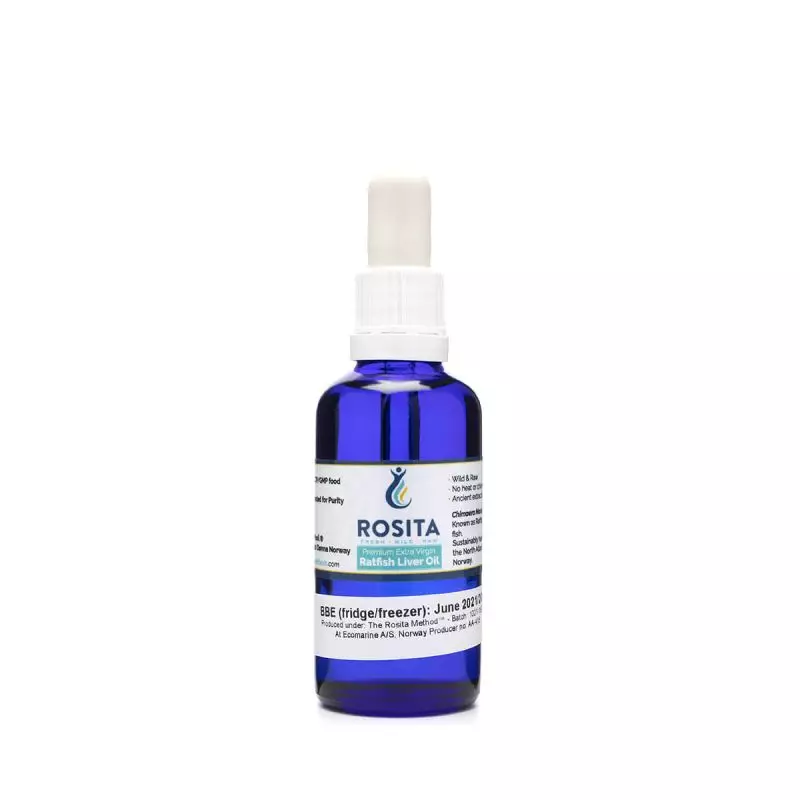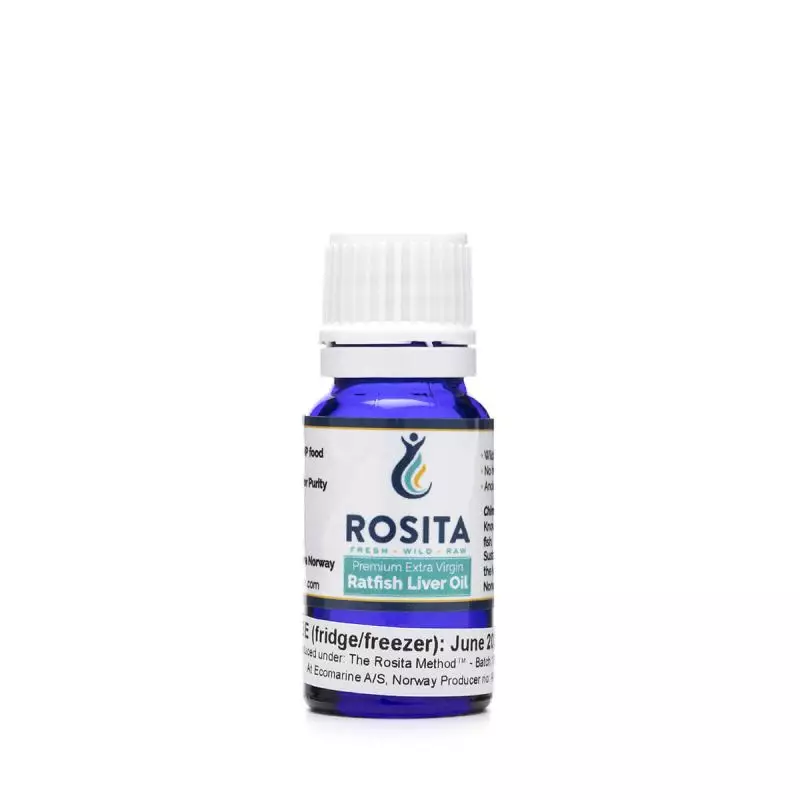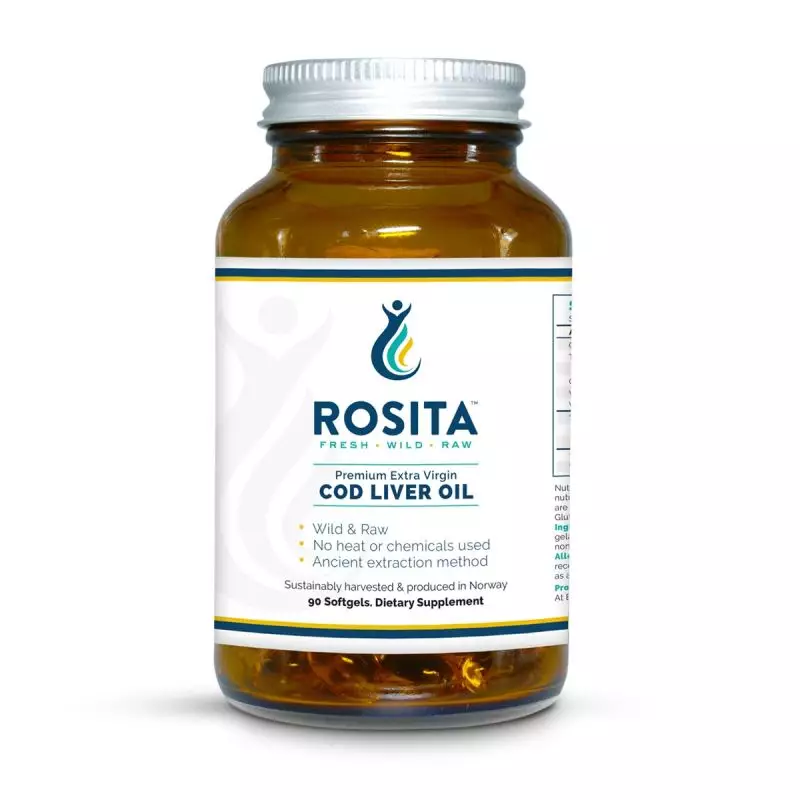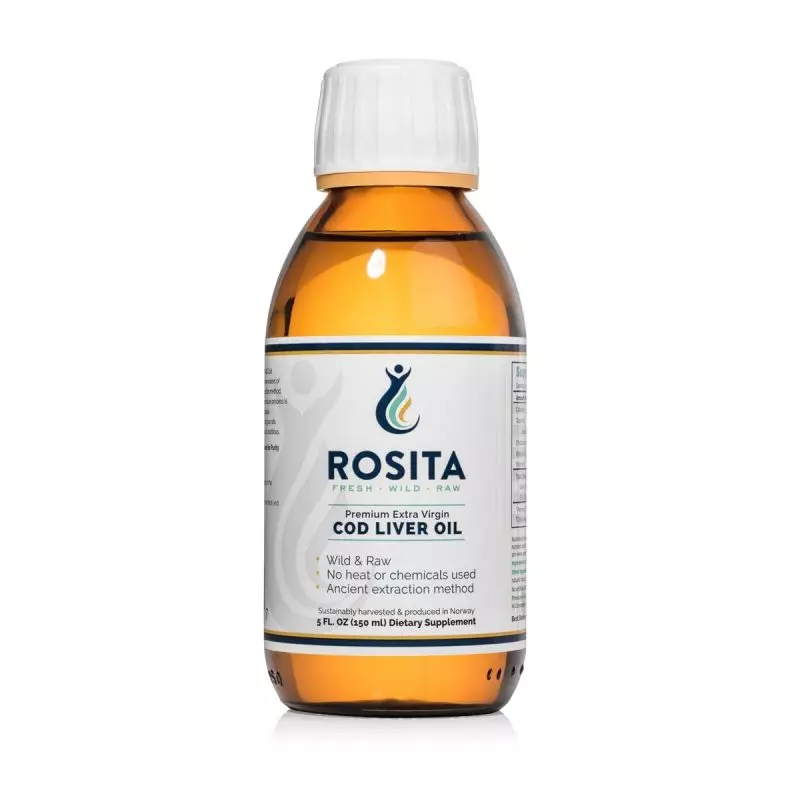Omega-3 fatty acids are often lauded for their heart health effects, yet their potential extends into numerous other health domains. These polyunsaturated fats, which are found in nature's pantry and certain supplements, may offer a broad spectrum of health advantages, from cognitive function to inflammation reduction. This article explores the wide-ranging benefits of omega-3 fatty acids, with a focus on their possible roles in overall health and well-being.
Cognitive Function and Development
Omega-3 fatty acids, particularly Docosahexaenoic acid (DHA), are integral to brain health. DHA is a significant structural component of the brain and is crucial for the neurological development of infants and children. [1] There is evidence to suggest that omega-3s may help support healthy cognitive function, potentially leading to better learning and academic performance. For adults, these fatty acids may help preserve cognitive abilities and possibly delay age-related cognitive decline. [2]
The potential role of omega-3s in protecting against neurodegenerative diseases is also under investigation. A diet rich in omega-3s is associated with a possibly lower risk of Alzheimer's disease and other forms of dementia, although definitive evidence is still being gathered. [3]
Inflammation and Autoimmune Diseases
Chronic inflammation is implicated in various diseases, and omega-3 fatty acids may offer anti-inflammatory benefits. They might help to alleviate symptoms of autoimmune conditions by potentially dampening the body's inflammatory response. [4]
Mental Health and Mood Disorders
The influence of omega-3s on mental health is an intriguing subject. Research hints at the possibility that omega-3 supplements may lessen the severity of depression and anxiety by influencing neurotransmitter pathways[5]. Additionally, omega-3s might have a positive effect on attention and hyperactivity in individuals with ADHD, although further research is needed to confirm these effects. [5]
Eye Health
The retina's health is closely tied to DHA, an omega-3 fatty acid. Adequate intake of omega-3s may be protective against macular degeneration, a major cause of irreversible vision loss. [6]
The Role of Supplements and Recommended Intake
While dietary sources are the traditional way to obtain omega-3s, supplements can ensure adequate intake for those who may not consume sufficient quantities through diet alone. Products such as Rosita Extra Virgin Cod Liver Oil (EVCLO) in liquid form or softgels provide a convenient source of omega-3s. These supplements are designed to deliver the goodness of omega-3s and may offer the benefits discussed above.
The recommended daily intake of omega-3s varies depending on age, gender, and life stage. It's important to distinguish between the three main types of omega-3s: ALA (found in plant oils), EPA, and DHA (both found primarily in fish and algae oils). EPA and DHA are known for their roles in brain and eye health, whereas ALA is used by the body for energy and can be converted in small amounts to EPA and DHA.
Sustainability and ethical sourcing are also critical when considering omega-3 supplements. The Rosita products mentioned are sourced responsibly, which is an important consideration for environmentally conscious consumers.
Omega-3 fatty acids may extend their beneficial reach far beyond heart health, potentially influencing cognitive health, inflammation, mental well-being, abd even eye health. Incorporating omega-3-rich foods into one's diet and considering supplements like Rosita Extra Virgin Cod Liver Oil (EVCLO) liquid or softgels may be a prudent strategy for tapping into the 'might' of omega-3s. As always, consulting with a healthcare professionals before starting any new supplement regimen is advisable.
References
1 Omega-3 Fatty Acid Supplementation During Pregnancy
2 Omega-3 Fatty Acids: An Essential Contribution
3 Omega-3 Supplements: In Depth
4 Omega-3 Fatty Acids and Inflammatory Processes
5 Omega-3 Fatty Acids and Depression: Scientific Evidence and Biological Mechanisms
6 Omega 3 fatty acids for preventing or slowing the progression of age‐related macular degeneration

 EU Store
EU Store  UK Store
UK Store NZ Store
NZ Store AU Store
AU Store



















